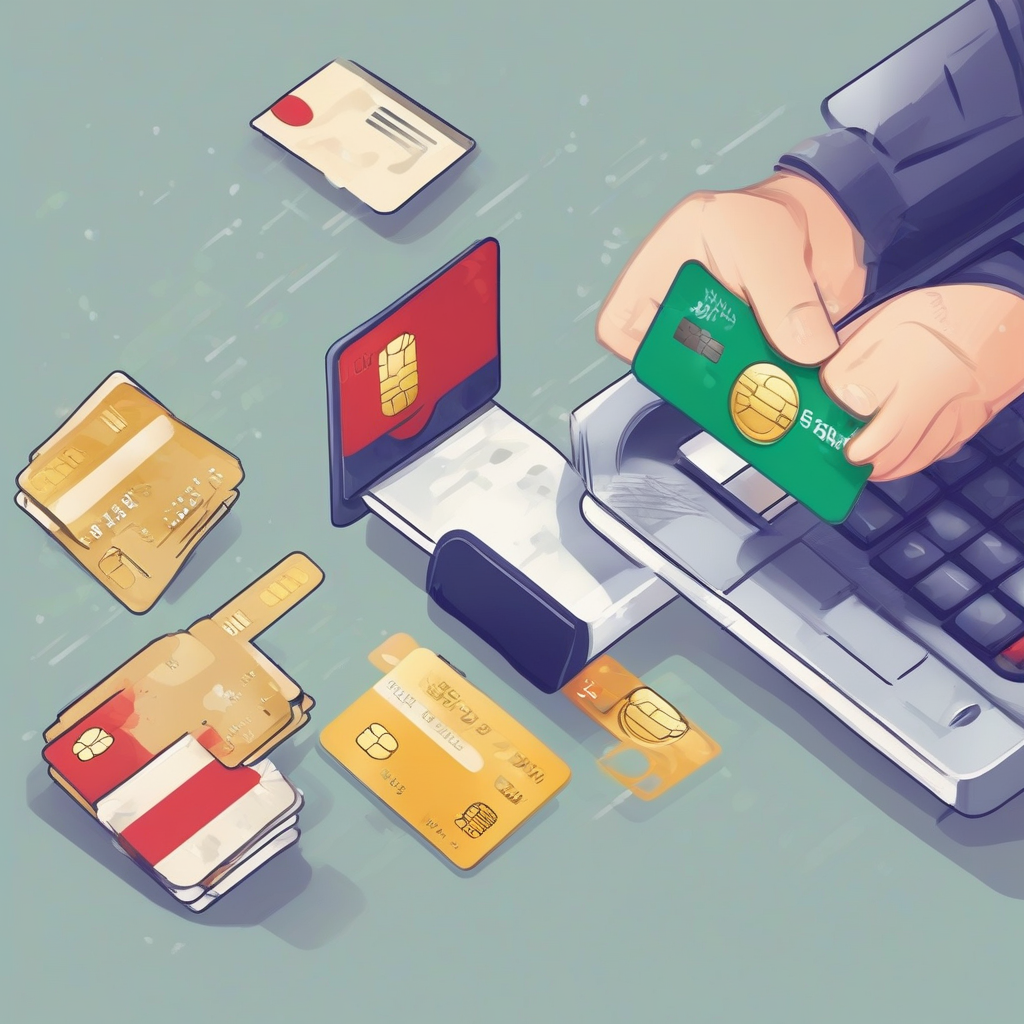Full Credit Report: A Comprehensive Guide to Understanding Your Financial Health

Full Credit Report: A Comprehensive Guide to Understanding Your Financial Health
A full credit report is a detailed snapshot of your credit history, providing a comprehensive view of your financial standing. Understanding your credit report is crucial for making informed decisions about your finances, as it influences your ability to secure loans, credit cards, and even employment opportunities.
What is a Full Credit Report?
A full credit report contains information from all three major credit bureaus: Experian, Equifax, and TransUnion. It includes details about your:
- Personal Information: Name, address, Social Security number, date of birth
- Credit Accounts: Credit cards, loans, mortgages, and other lines of credit
- Payment History: On-time and late payments, missed payments, and collection accounts
- Credit Inquiries: Requests for your credit report from lenders and other companies
- Public Records: Bankruptcies, foreclosures, tax liens, and judgments
Why is a Full Credit Report Important?
A full credit report plays a vital role in various aspects of your financial life:
- Loan Applications: Lenders use your credit report to assess your creditworthiness and determine interest rates and loan terms.
- Credit Card Applications: Credit card issuers evaluate your credit report to decide if they should approve your application and what credit limit to offer.
- Employment Opportunities: Some employers, particularly in finance and other sensitive sectors, may conduct background checks including a credit report.
- Insurance Premiums: Credit scores can influence insurance premiums, especially for auto and home insurance.
- Rental Applications: Landlords may use credit reports to assess your financial stability before renting you a property.
- Personal Finance Management: Understanding your credit report helps you track your financial progress and identify potential issues.
Components of a Full Credit Report
1. Personal Information
This section contains your basic identifying details, including your name, address, Social Security number, and date of birth.
2. Credit Accounts
This section lists all your active and closed credit accounts, such as credit cards, loans, mortgages, and lines of credit. Each account includes details such as:
- Account Type: Credit card, mortgage, auto loan, etc.
- Account Number: Last four digits of the account number
- Credit Limit or Loan Amount: The maximum amount of credit available or the total loan amount
- Date Opened: When the account was opened
- Account Status: Active, closed, in collections, etc.
- Balance: The current balance owed on the account
3. Payment History
This section records your payment history for all your credit accounts, including:
- On-Time Payments: Payments made on or before the due date
- Late Payments: Payments made after the due date
- Missed Payments: Payments not made at all
- Collection Accounts: Accounts that have been sent to collections due to non-payment
4. Credit Inquiries
This section lists all inquiries made to your credit report by lenders and other companies. Inquiries are categorized as:
- Hard Inquiries: Inquiries made when you apply for credit, such as a loan or credit card. Hard inquiries can negatively impact your credit score.
- Soft Inquiries: Inquiries made for purposes other than applying for credit, such as when you check your own credit report or a potential employer checks your credit. Soft inquiries do not affect your credit score.
5. Public Records
This section includes information related to public records, such as:
- Bankruptcies: Chapter 7 or Chapter 13 bankruptcies
- Foreclosures: Homes or properties that have been foreclosed on
- Tax Liens: Liens placed on your property by the government for unpaid taxes
- Judgments: Legal judgments against you, such as unpaid debts or lawsuits
How to Get a Full Credit Report
You are entitled to one free credit report from each of the three major credit bureaus annually. You can obtain these reports through:
- AnnualCreditReport.com: The official website for obtaining your free annual credit reports
- Credit Bureau Websites: You can also access your credit report directly from the websites of Experian, Equifax, and TransUnion.
Understanding Your Credit Score
Your credit score is a numerical representation of your creditworthiness, calculated based on the information in your credit report. It is a key factor in determining your interest rates, loan approvals, and other financial opportunities.
Here are the key factors that contribute to your credit score:
- Payment History (35%): On-time payments are essential for a high credit score. Late or missed payments can significantly lower your score.
- Amounts Owed (30%): The amount of debt you owe compared to your available credit is a crucial factor. A lower debt-to-credit ratio generally results in a higher score.
- Length of Credit History (15%): A longer credit history with a consistent track record of responsible borrowing generally leads to a better score.
- Credit Mix (10%): Having a mix of different types of credit, such as credit cards and loans, demonstrates creditworthiness and can positively impact your score.
- New Credit (10%): Applying for too much new credit within a short period can negatively impact your score. It is advisable to limit hard inquiries and new credit accounts.
Dispute Errors on Your Credit Report
It's essential to review your credit report regularly and dispute any errors you find. Errors can significantly impact your credit score and affect your ability to obtain credit or secure loans.
To dispute an error, you can:
- Contact the Credit Bureau: Each credit bureau has a specific process for disputing errors on your report. You can find the information on their websites or contact them directly.
- Submit a Dispute Form: The credit bureau will provide a dispute form that you need to fill out and submit. Be sure to include detailed information about the error and any supporting documentation.
- Follow Up: After submitting your dispute, the credit bureau will investigate the error and notify you of their findings. If the error is confirmed, they will correct your credit report.
Tips for Maintaining Good Credit
Here are some practical tips for maintaining good credit and building a strong financial foundation:
- Pay Bills on Time: Make all your payments on time to avoid late fees and damage to your credit score.
- Keep Balances Low: Try to keep your credit card balances low compared to your available credit limit. A low debt-to-credit ratio improves your credit score.
- Limit Hard Inquiries: Avoid applying for too much new credit within a short period, as hard inquiries can negatively impact your score.
- Monitor Your Credit Report: Review your credit report regularly to identify any errors and ensure accuracy.
- Build a Positive Credit History: Establish a good credit history by using credit responsibly and paying bills on time.
- Consider a Secured Credit Card: If you have limited credit history, a secured credit card can help you build credit by requiring a security deposit.
Conclusion
A full credit report is a valuable tool for understanding your financial health and making informed financial decisions. By understanding the components of your credit report and maintaining good credit practices, you can ensure a strong financial future.
What's Your Reaction?
















